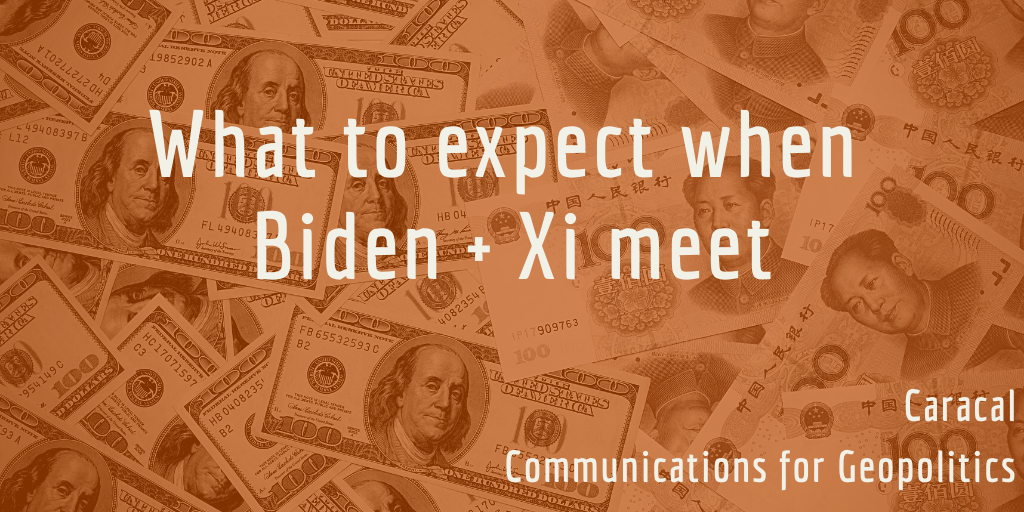Wednesday's meeting between President Joe Biden and Chairman Xi Jinping is set to take place on the sidelines of the Asia-Pacific Economic Cooperation (APEC) summit in San Francisco, marking their first face-to-face interaction in a year.
Their last face-to-face meeting at the APEC summit in Bali initially raised hopes for a reset in strained US-China relations. However, tensions resurfaced after a Chinese spy balloon was first detected over US airspace high over Alaska in January, prompting Secretary of State Antony Blinken to cancel a planned trip to Beijing. China condemned the US for later shooting down the airship, insisting it was a weather balloon.
This week's primary focus of the Biden-Xi meeting is the restoration of crisis communication channels, particularly among senior military and defense officials.
Both leaders aim to address shared concerns like climate change and macroeconomic stability. Additionally, expect Biden and Xi to tackle areas of disagreement, including the Ukraine War, human rights issues, disputes in the South China Sea, and potential Chinese interference in Taiwan's elections. The US is also pushing for China to take action against the export of fentanyl ingredients, contributing to the opioid epidemic in the United States.
Xi's visit to California marks his first trip to the United States in approximately six years, with his last visit being to former President Donald Trump's Mar-a-Lago estate in Florida. The meeting in San Francisco is strategically crucial, considering the escalating geopolitical and economic competition between the two nations.
Despite the anticipation surrounding the meeting, US officials have downplayed expectations of specific outcomes, emphasizing the primary goal of managing competition and preventing the risk of conflict. The leaders are not expected to issue a joint statement, reflecting the cautious approach to managing expectations.
In addition to meeting with Biden, Xi will attend a dinner with US multinational business executives that Beijing hopes will encourage more investment in China when the country faces stronger economic headwinds.
During July-September, China experienced a concerning development as it recorded a foreign direct investment (FDI) deficit for the first time since 1998. This FDI slowdown is a significant shift from the trend of the past three decades, where foreign investments played a crucial role in driving China's economic growth. A net outflow suggests potential challenges for Beijing in attracting and retaining foreign investments, raising alarms about the health of China's business climate.
The summit signifies the acknowledgment by both nations that they are in the initial phase of a long-term geopolitical competition.
The leaders are now engaged in the complex process of negotiating the terms of this competition, deciding where and how to compete, assessing risks, and determining costs. The meeting is central to these negotiations, reflecting the intricate nature of the evolving US-China relationship.
Enjoy the ride +plan accordingly
-Marc


